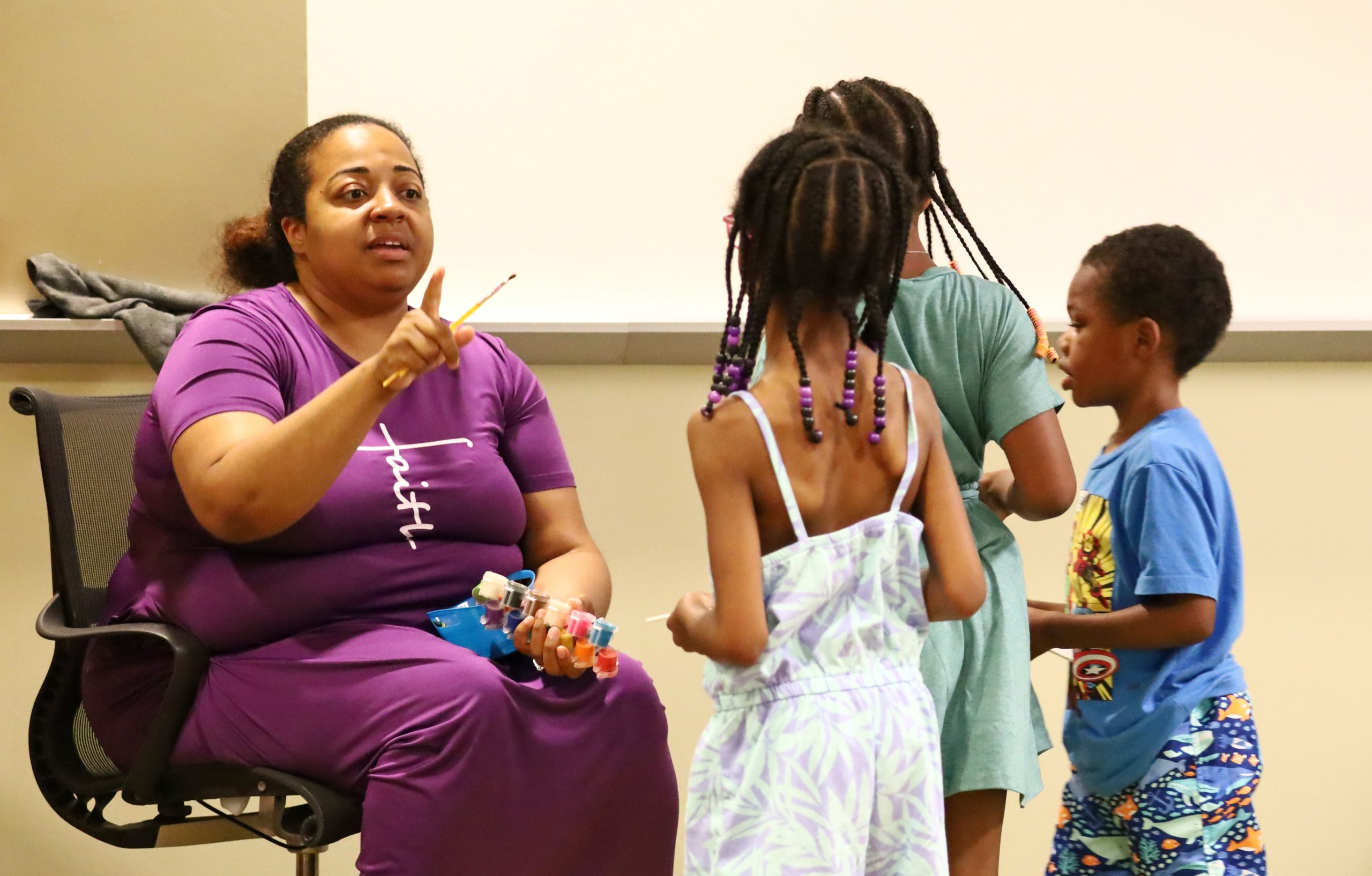ABOUT
Focus on Equity
Love Literacy lives in possibility and practice. It lives out loud and through action because love is a verb, and love without work isn’t really love at all. And community without equitable literacy isn’t really a community at all.
Context: Literacy is the currency of the 21st century and is inextricably linked to equity and justice. Throughout history, literacy has long been used as a tool of oppression.

“When someone cannot read, they are excluded from many of the things that allow us to be fully functional citizens with choices. Those who are illiterate can lack access to information, are excluded from making choices about their rights or government through voting, and have fewer opportunities for employment. Illiteracy keeps people trapped in a cycle of poverty and subjugation, limiting life choices and making it difficult to achieve social mobility. Literacy truly is power—power over one’s own life.”
— Resilient Educator
For Love Literacy, equity is achieved when race no longer predicts educational outcomes.
As an organization that works to ensure that every child in this community learns to read, we are confronted with the systemic racism that exists in the education system every day.
The opportunity gap in Winston-Salem/Forsyth County Schools (WS/FCS) is astounding, with race being the number one predictor of outcomes.
- 55% of 3rd graders in WS/FCS are NOT proficient in reading, but this is not the full story.
- 68% of African-American children and 72% of Latinx children in Winston-Salem/Forsyth County Schools are NOT proficient in reading. Yet, they represent close to 60% of the children in our school system.
- 30% of White children are NOT proficient in reading. Huge disparities are evident when there is almost a 40% gap in reading proficiency between Black and Latinx children and their white counterparts.
- 68% of economically disadvantaged children are not proficient in reading. Without intervention, 74% of these students will still be poor readers in 9th grade.
- We MUST do something about this. With intervention, 90% can become proficient readers. But, if we want to shift the literacy landscape completely, we must do more than intervene when problems arise. We must also address racial inequities and systemic barriers that create and maintain the achievement gap.
Our Commitment
While the primary focus of our work is to ensure that all children receive research-based reading instruction, we realize that this is only one part of the solution. To create sustainable change and close the opportunity gap, our community must address unequal access to high-quality early childhood education, socio-economic conditions, housing injustice, the school to prison pipeline, segregated, underfunded and understaffed schools, and implicit bias. In an effort to create a more just and equitable community, Love Literacy commits to creating policies, programs, and practices that are anti-racist; embed diversity, equity, and inclusion throughout; and partner with organizations that are engaged in anti-racist systemic change.
In addition, we commit to:
- establishing a more diverse board of directors that includes people from the communities that we serve.
- using strengths-based communication when speaking about our work and the people that we serve.
- focusing on children with the greatest need as early as possible in their literacy journeys.
- recruiting volunteers that reflect the diversity of the population that we serve.

For the Love of Our Community.
Volunteer, donate, sign up for our newsletter.
